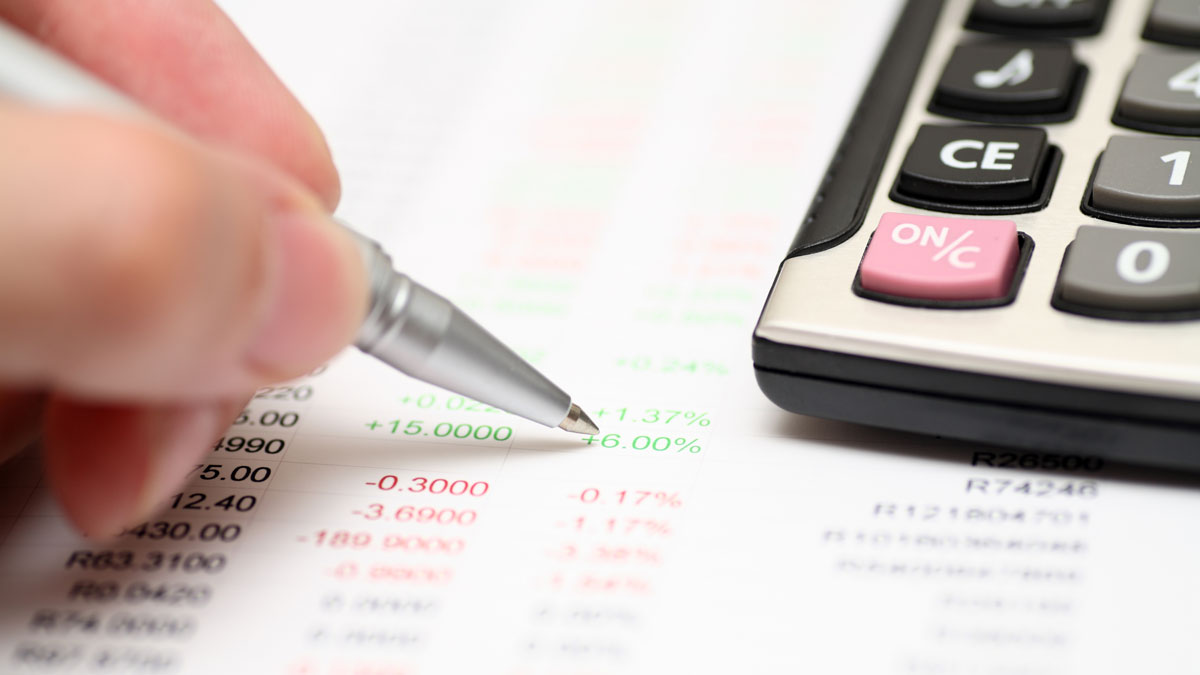What financial statements do you need to close your next loan?

Loans are a regular part of most businesses, and you need to make sure your books are in order before you meet with your potential lender.
But what exactly do you need?
Basic financial documents
First a lender will want to look at your tax return and other fairly obvious financial documents. If you really want the best rates, you’ll need a tax return in play so people can tell if you’re compliant with the government.
From there we get into the actual bookkeeping prospects. They’re going to want to look at your management reports, specifically your income statement and your balance sheet. They know the tax return doesn’t have the whole picture.
This is for two reasons. First, they want to see the difference between your statements and what you claim on your taxes. We’re not talking about tax fraud here—this is a totally legal, normal thing. Those books are different because they serve different purposes.
The other thing they want to know is your level of organization. Do you have a bookkeeping team in place? They don’t just care about your operational capabilities, they care about your financial organization. This is a business partnership. They don’t want a hobbyist.
The financial statements you’re going to need to show that you’re managing your financial operations are your P&L and your balance sheet.
Additional financial documents
From there, they may ask for additional documents. For example, they may ask for underwriting documents that go by a lot of different names, but usually you’d call it a deal analysis or a property portfolio. They want to see that you’re being intelligent about whatever investment they’re going to finance. And on the off chance it goes sideways, they want to know how they can liquidate the asset. Most banks don’t do 100% financing. They want you to have some skin in the game too.
You may want to turn in your own sort of personal underwriting packet. That might be something that says “here’s my plan, here’s how much I think it will be worth, here’s the after-repair value, and here’s what I’m buying this property for right now.” Or maybe “here’s the amount I want to be all in on this property at the end of this project.”
Giving a business plan that outlines what you do will help you too. Give some background on what you do, how you do it, and a list of deals that show your track record. If you’re buying a property for rent, you can look at rent values in the area and talk about how much you can increase the rent to get it to what the market rent is.
If you can show up with all those documents ready to go, that’s going to be the best way to impress your lender and get your next loan and your next deal. Those are the big financial statements they’ll look at.
Personal finances
The last thing is a personal financial statement. What do you own? What’s going on for you?
They’ll probably pull a credit report, but even if your credit report is bad, if you can prove that you know what you’re doing, it doesn’t matter nearly as much as people think. These statements matter more.
Putting together a packet of financial statements for a lender is one of the most important things you can do in your business. If you need a hand with this or any other financial aspect of your business, contact Lionshare Bookkeeping.
